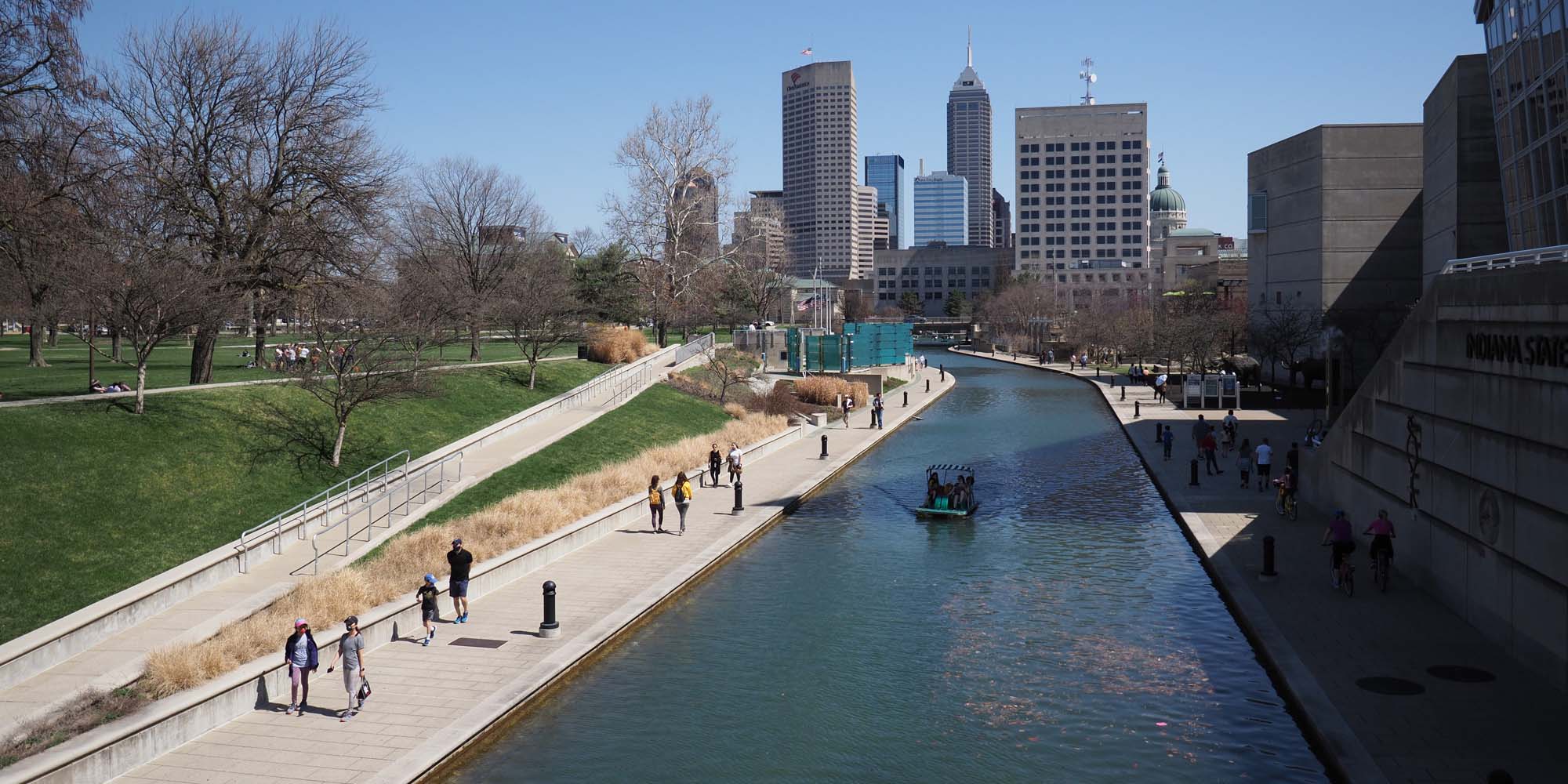Urban health, grounded in long-term sustainability, depends on healthy, productive communities that address environmental injustices by:
- Identifying pollutants and contaminants in our neighborhoods and around our home environments and learning how to minimize the potential risks they pose,
- Promoting safe, equitable, and just access to fresh produce grown in uncontaminated soil,
- Ensuring abundant access to naturalized green spaces, and
- Expanding urban walkability and energy efficient transportation.
Follow the links in the menu to find out how the IUPUI Center for Urban Health is connecting with the broader community. If you have questions about our work or would like to get involved, contact us.
